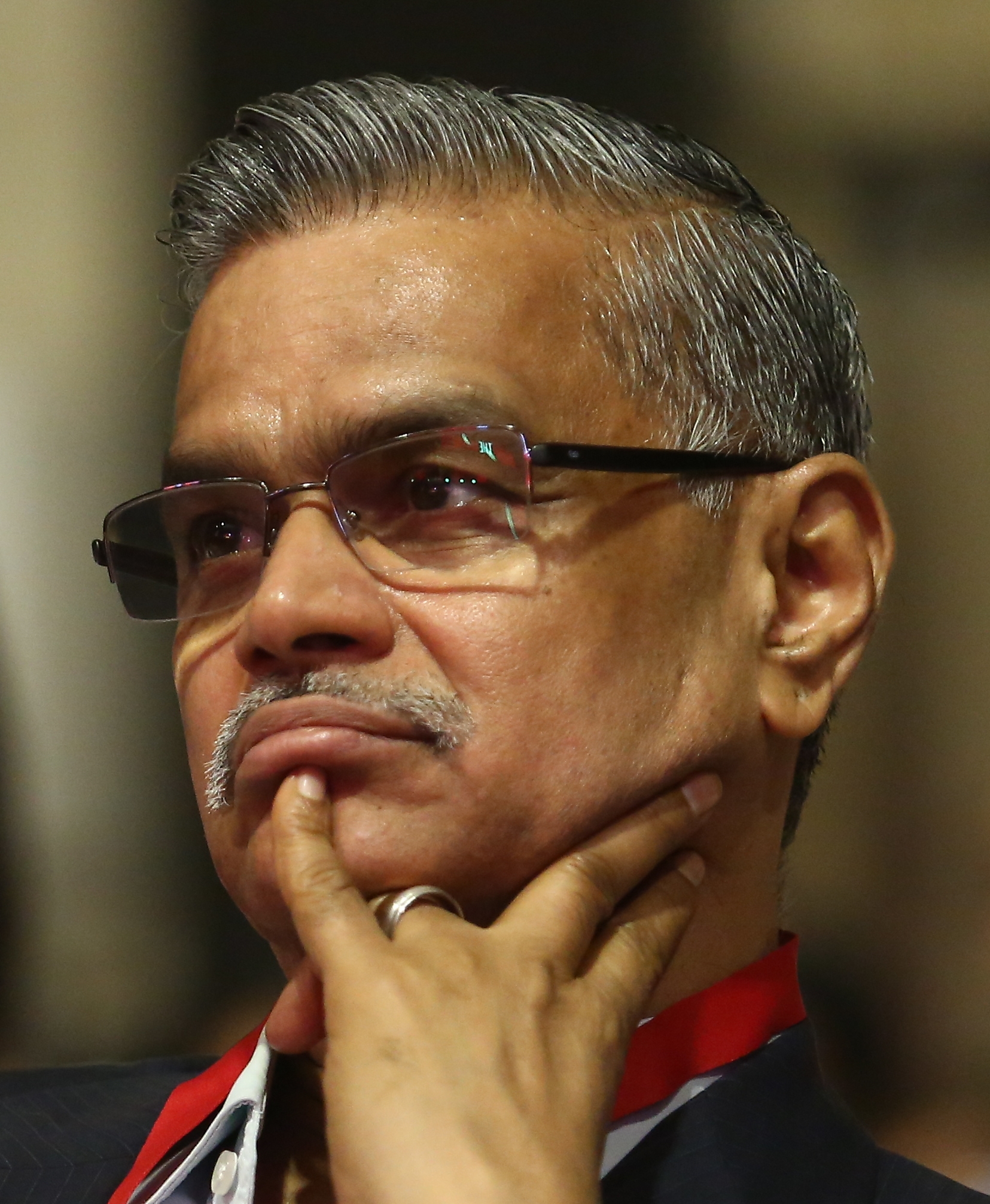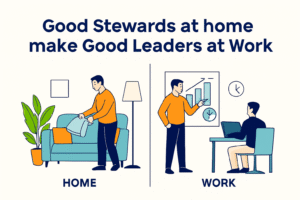My studies reveal that there are four tenets that differentiate the good, the bad and the ugly of leadership. These four tenets are,
- Power
- Purpose
- Values
- Significance
In this blog, we will focus on Power.
Power and Leadership have almost always been associated with each other. Leaders have a choice to use power to make a difference to the world and to their followers, or to use for self-aggrandizement. TS Eliot had said
“Half of the harm that is done in the world is caused by people who have power and want to feel important”.
This is so true. We live in a world where special “entitlements”. But there are people who take the entitlements to the extremes. I keep studying different global companies and I have several case studies which show such misuse of power in leadership.
Let us look at three case studies that I have compiled.
Case Study 1 : Stanley O’Neal
Stanley O’Neal’s story is a true rags to riches story that Ivy League Management Schools drool over. He did make it really big. He made it to the top position at Merrill Lynch in 2002. In his own words
“Whatever I have achieved in life has been the result of the unique combination of luck, hard work, and opportunity that can only exist in this country. My grandfather, James O’Neal, was born into slavery in 1861.”
In the same year that he took over the CEO position at Merrill Lynch, O’Neal was named the “Most Powerful Black Executive in America” by Fortune magazine.
Further instances show that he used the power in a very interesting way. He had his own private elevator to go to the 32nd floor and he restricted the entry of employees to the floor. He used his power to feel important and thereby became secluded. This infiltrated into the leadership culture of the organisation. The New Yorker reports that some staffers were referring to the firm’s leaders as “the Taliban” and to O’Neal as “Mullah Omar.” Stan is known to have kept away from the employees and was in touch with only a handful of “faithful” ones. Many analysts believe that this was one of the major reasons for his downfall.
He was forced to retire in October 2007, due to the pathetic performance of the company. The legacy that he left was not pleasant. Jim Cramer, the host of “Mad Money,” on CNBC, wrote “This man was Wall Street’s Wicked Witch, a much-feared, totally unrespected hatchet man who appeared to be beloved by his troops but in reality didn’t have a friend in the joint. . . . I swear you could hear the cheering from downtown after he left.”
Case Study 2: Herb Kelleher
Herb Kelleher, who founded the Southwest Airlines, had a very different idea about Power. He said
“Power should be reserved for weightlifting and boats, and leadership really involves responsibility.”
And several analysts agree that he was not faking anything. Terry Maxon of Dallas Morning News reports
“Whether it’s hugging and kissing co-workers at a meeting or making a 2 a.m. visit to a maintenance hangar, Mr. Kelleher is not happy unless he’s talking with employees.”
He is even known for putting on his shorts and sneakers, ride his Harley, and go to the nearest airport on Thanksgiving Day to help the baggage loaders in their work, because he knew that many were on vacation and the employees could do with some additional hands.
And what legacy did he leave? Apart from leaving behind the worlds’ most profitable airline company, he also left several thousand employees raving fans of himself. And that legacy did live on in Southwest. Collen Barret , another rags to riches story, and the first woman to have headed a major airline company, took over the President role from Herb. Colleen says
“85% of my time is spent on employees and delivering pro-active customer services to employees
Case study 3: J R D Tata
Here is how Jehangir Ratanji Dadabhoy Tata , more popularly known as JRD saw Power. One of the first actions that JRD did was to take away the special privileges of officers in Tata Steel Plant at Jamshedpur. This included the special reserved lift for the Managing Director, Special dining areas for officers, and special toilets for officers. If you think this was no big deal, think again. This action was taken in the early 1940’s, when such privileges’ were considered absolutely normal. It was the time of British Raj and sahibs in India. JRD used his powers to make everyone equal, instead of seeking importance for himself or the others in office.
And what legacy did such actions leave on the corporate culture? There are several eye witness accounts of Ratan Tata (who took over the reins of the TATA Group from JRD) standing in que to get into the elevator in Bombay House, the head quarters of TATA group.
A Harvard Business Case on the response of Employees of the Taj Mahal Hotel in Mumbai, India ( A TATA group company) on the terrorist attack known as 26/11 explains this well.
When terrorists attacked the Indian city of Mumbai in 2008, employees of the Taj Mumbai hotel displayed uncommon valor. They placed the safety of guests over their own well-being, thereby risking—and, in some cases, sacrificing—their lives. This behavior was not merely a crisis response. It was instead a manifestation of the Taj Group’s deeply rooted customer-centric culture , that they call Tajness.
The lessons from the three case studies above is simple.
All of us have power. And all of us have a choice on how we use that power. Servant Leaders use power to make it better for their followers.
What will you choose?
______________________________________________________________
References
- Case study 1 Compiled by Dr. Madana Kumar, PhD, referring to “Leaders Eat Last” by Simon Sinek and several other web resources
- Case study 2 Compiled by Dr. Madana Kumar, PhD, referring to “Servant Leadership in Action” by Ken Blanchard and Renee Broadwell and several other web resources
- Case study 3 Compiled by Dr. Madana Kumar, PhD, referring “The Tatas – How a Family built a Business and a Nation” by Girish Kuber , “The Ordinary Heroes of the Taj” by Rohit Deshpande and Anjali Raina From Harvard Business Review Magazine (December 2011) and several other web resources.
________________________________________________________________
Author Dr.MadanaKumar,PhD is the Servant Leadership Evangelist at Leadyne. You can connect with him here or contact him here




Comments are closed.